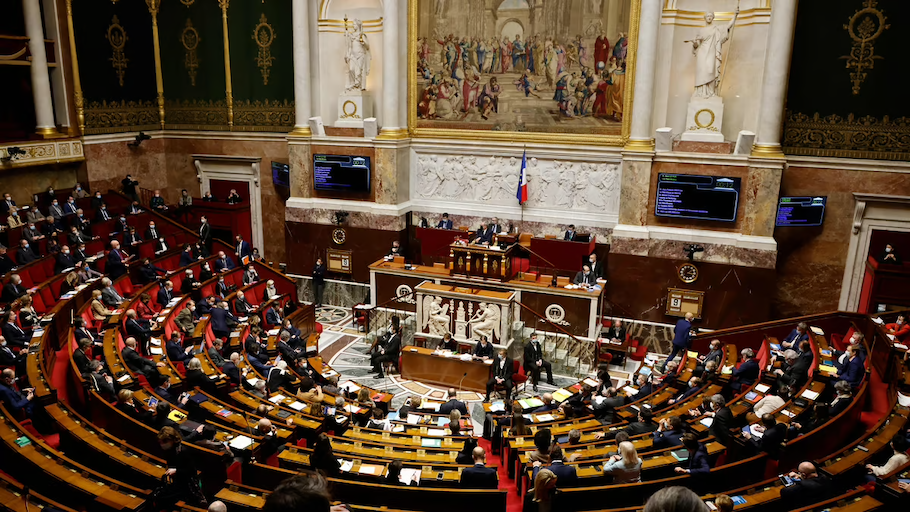Following the announcement of early parliamentary elections in France and the prior dissolution of the National Assembly, one of the country’s most ambitious electromobility projects was put on hold: the greening of corporate transport fleets.

The bill proposed by Deputy Damien Adam in early April aimed to establish a clear trajectory for the renewal of fleets towards more sustainable vehicles and to increase transparency and compliance with corporate environmental obligations.
In this context, companies would be required to integrate 20 per cent electric vehicles (EVs) by 2024, 40 per cent by 2026, 65 pe rcent by 2028, and 95 per cent by 2030.
The document advanced to a plenary session on April 30, resulting in the launch of a two-month flash mission by the Assembly, which began on June 5, 2024.
However, following the defeat of Emmanuel Macron’s party, the current President of France, to Marine Le Pen’s party in the European Union (EU) elections on June 9, Macron announced that the next national elections would be brought forward.
The first round will be held on June 30 and the second round on July 7.
So, what are the consequences of this measure?
According to the Directorate of Legal and Administrative Information (DILA), this decision implies the suspension of all ongoing legislative work until new deputies are elected.
Similarly, the Senate will cease its sessions until the new National Assembly is installed.
Consequently, all bills currently under review are suspended and become obsolete.
Such is the case of Adam’s legislative proposal, which had advanced to the evaluation stage to determine why 60 per cent of companies do not respect the ecological trajectory set by the 2021 Climate and Resilience Law.
Once new legislators are elected, the new legislature, the 17th, will begin, and it will be up to the new government to decide whether to reintroduce the project to the Assembly.
In the event that the far-right Rassemblement National (RN) party takes over, it is unlikely to achieve the same results, given that its ecological project booklet determined it would take a firm stance against the “Green Deal” and other ecological measures imposed by the EU.
Nevertheless, the electrification of corporate fleets plays an essential role in the transition to sustainable mobility.
In fact, according to Transport & Environment (T&E), approximately two-thirds of companies did not meet the requirement through the purchase or lease of their own units, and most of them did not file reports.
Notably, the business sector represents more than 50 per cent of annual registrations and plays a fundamental role as the main provider of new cars.
The number of registrations of fully electric passenger vehicles and light utility vehicles (LUVs) increased significantly by 71.61 per cent at the end of 2023, reaching a market share of 11.07 per cent, a 3.5 per cent increase compared to the previous year.
Furthermore, units purchased by companies usually return to the market after approximately four years of use, compared to the typical eleven years for privately owned cars, contributing to the availability of second-hand cars.
Indeed, in 2023, electrified cars, including electric and plug-in hybrids, accounted for about four per cent of the second-hand market, with around 175,000 units, marking a historic milestone.
For this reason, Avere-France emphasized at the time that the electrification of fleets plays a crucial role in making electric vehicles more accessible to a broader audience.
Additionally, in its statement, it called for the proposal to continue without reducing corporate ambitions.
“A too significant reduction of the targets could compromise the European ambition to end all fleet renewals with combustion vehicles within ten years,” they stated in the declaration.








